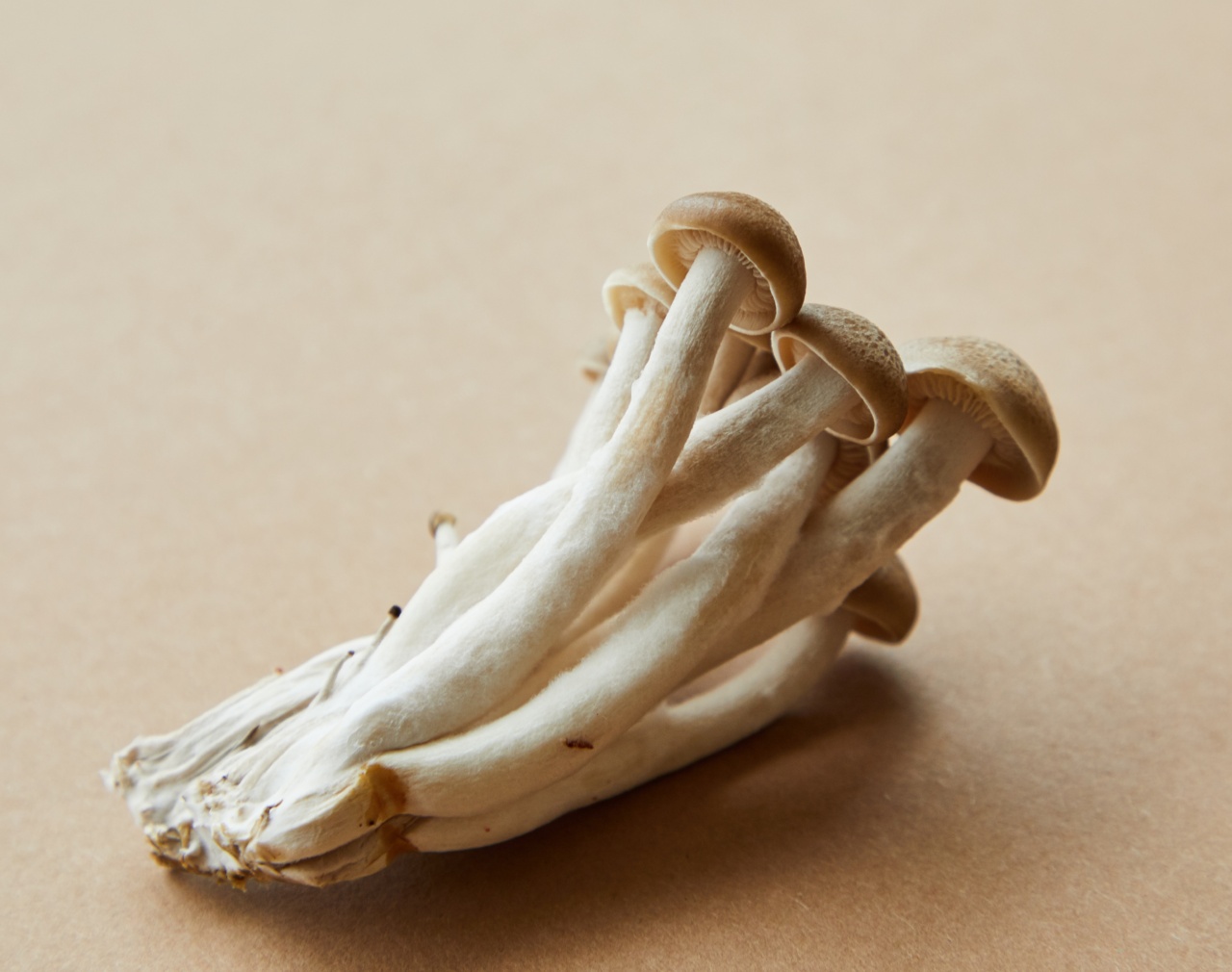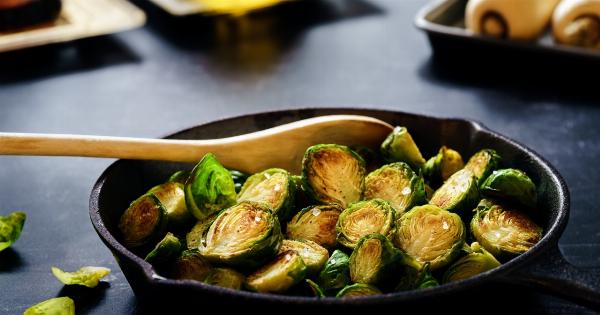Vegan and vegetarian diets are known to have many health benefits, including reducing the risk of chronic diseases such as heart disease, obesity, and certain types of cancer.
However, these diets can also be low in iron, which is an essential nutrient for healthy red blood cell formation and energy production. It is important to pay close attention to the iron content in your vegetarian meals, and there are many ways to enhance iron absorption through diet.
Iron Absorption in Vegetarian Diets
The recommended daily intake of iron for adults varies from 8 to 18 milligrams, depending on age and gender.
Vegetarians and vegans may need to consume more iron than non-vegetarians due to the less efficient absorption of non-heme iron found in plant foods. Non-heme iron is found in plant-based sources such as legumes, nuts, seeds, and vegetables, whereas heme iron is found in animal products such as meat and seafood.
The absorption of non-heme iron can be increased by consuming foods that are rich in vitamin C, while avoiding foods that inhibit iron absorption, such as caffeine and tannins.
Vitamin C helps to convert non-heme iron into a more absorbable form that the body can use. Therefore, it is important to consume a variety of plant-based foods that are high in vitamin C to enhance iron absorption.
Vitamin C-Rich Foods
Some of the best sources of vitamin C include citrus fruits, strawberries, kiwi, mango, papaya, bell peppers, broccoli, cauliflower, and leafy greens such as kale and spinach.
Consuming these foods with iron-rich plant foods can significantly enhance the absorption of iron. For example, adding sliced bell peppers to a spinach salad or topping a bowl of oatmeal with fresh berries can increase the iron absorption from the plant foods.
Cooking with Cast Iron
Cooking with cast iron can also significantly increase the iron content of plant-based meals. Cast iron cookware releases small amounts of iron into the food during cooking, and can therefore be a beneficial tool for enhancing iron intake.
For example, cooking a tofu or tempeh stir-fry in a cast iron skillet can provide a boost of absorbable iron.
Iron Absorption Inhibitors
It is important to avoid consuming foods that inhibit iron absorption, especially when consuming plant-based meals. Some of the most common inhibitors of iron absorption include caffeine, tannins, calcium, and phytates.
Caffeine is found in coffee, tea, and some soft drinks, and can impair the absorption of iron. Tannins are a type of compound found in tea, red wine, and some plant-based foods that can also inhibit iron absorption.
Calcium and phytates are found in some plant-based sources of iron, such as soy products, nuts, seeds, and grains.
While these foods are also high in important nutrients and should not be avoided entirely, it is important to balance their consumption with vitamin C-rich foods and to avoid consuming them with foods that can impair iron absorption.
Recipes for Enhancing Iron Absorption
Here are some plant-based recipes that are high in iron and vitamin C, and can aid in enhancing iron absorption:.
Chickpea and Kale Salad
This salad is an excellent source of both iron and vitamin C, and is easy to prepare for a quick lunch or dinner. Simply combine chopped kale with cooked chickpeas, sliced bell pepper, sliced avocado, and a squeeze of fresh lemon juice.
Drizzle with a little olive oil and season with salt and pepper to taste.
Spinach and Sweet Potato Curry
This flavorful curry is high in iron and vitamin C, and can be served over rice or quinoa for a satisfying meal. To prepare, sauté diced onions and garlic in a little olive oil until lightly browned.
Add diced sweet potato and a can of chickpeas, along with a can of diced tomatoes and a tablespoon of curry powder. Simmer until the sweet potato is tender, then stir in a few handfuls of fresh spinach and squeeze in some fresh lemon juice.
Black Bean and Mango Salad
This refreshing salad is a great source of iron and vitamin C, and can be served as a side dish or a light meal. Simply combine cooked black beans with diced mango, sliced red onion, diced bell pepper, and a handful of chopped fresh cilantro.
Drizzle with a little olive oil and freshly squeezed lime juice, and season with salt and pepper to taste.
Conclusion
Enhancing iron absorption in vegetarian and vegan diets is critical for maintaining optimal health and reducing the risk of chronic diseases associated with iron deficiency.
Consuming a variety of plant-based foods that are high in iron and vitamin C, avoiding inhibitors of iron absorption, and cooking with cast iron can all help to increase iron absorption and reduce the risk of iron deficiency. By incorporating these strategies into your vegetarian meal planning, you can obtain all the necessary nutrients for a healthy, balanced diet.






























